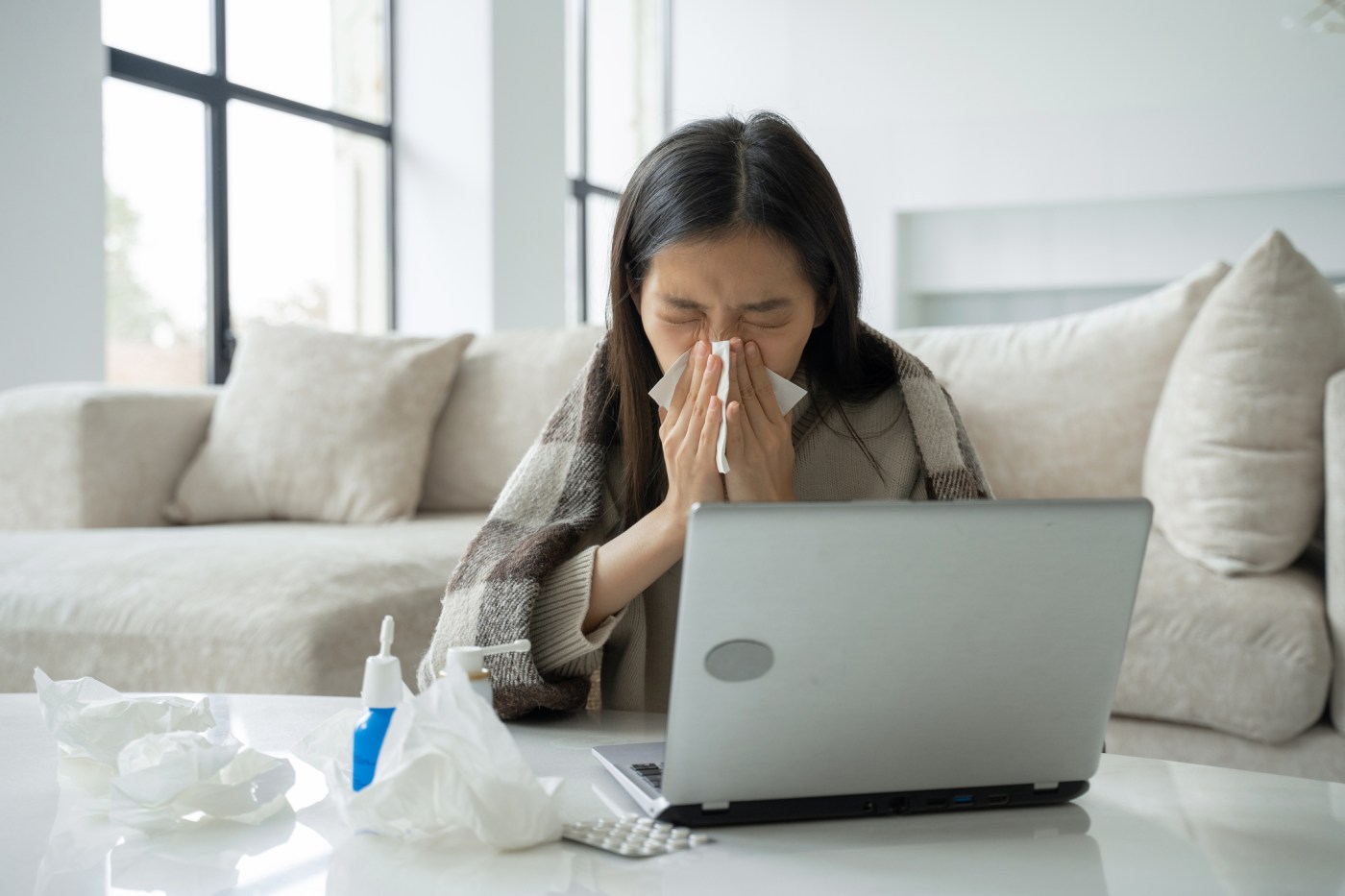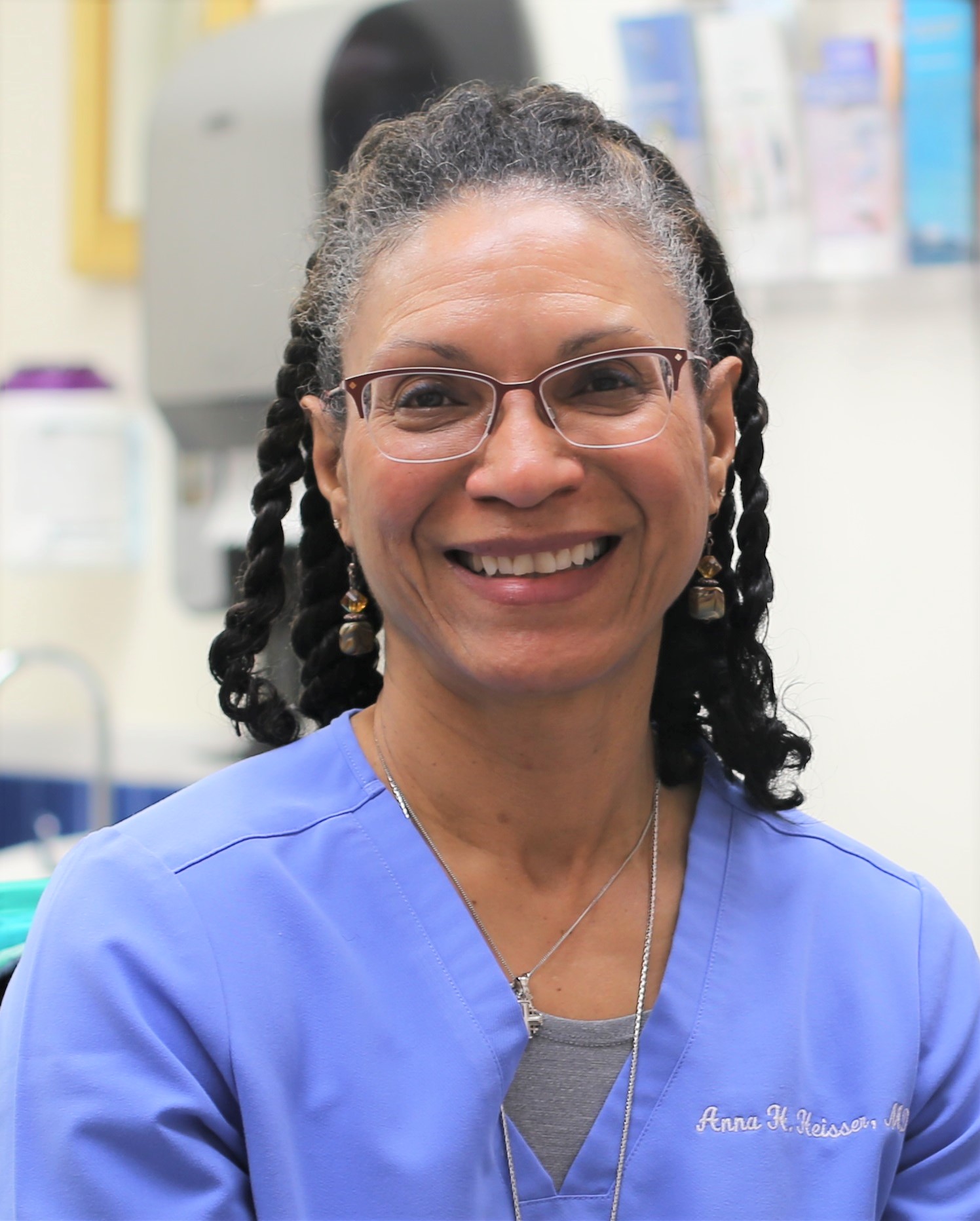You know the feeling: runny nose, scratchy throat, watery eyes. Many of us have endured the symptoms of a bad seasonal allergy attack. At best, they can be a bothersome ailment for a day or two. At worst, they can trigger blood pressure fluctuation, asthma attacks, or even death.
While these are just seasonal allergies, a full-time allergist must stay up to date on a wide swath of allergies, such as reactions to certain foods, drugs or insects. To stay on top of the knowledge surrounding the field of allergies is a full-time occupation.
Enter Dr. Anna Heisser, section chief for Allergy and Immunology at South Texas VA in San Antonio, Texas. She a full-time allergist, helping pioneer allergy-based virtual care, and has been given a VA Video Connect (VVC) Distinguished Leader Award.
“The award was a surprise! I guess I have a high number of patients,” Heisser said, with a smile.
A national leader in VA Video Connect encounters
“Just by the numbers,” stressed Deputy Director of Clinical Services, Office of Connected Care Dr. Leonie Heyworth, when describing what set Heisser apart. “She was a national leader in VVC encounters for the time period we looked at for Allergy.”
This isn’t Dr. Heisser’s first time around technology and the field of tele-allergy. Her first foray dates to 2015 when she helped Minneapolis VA’s allergy program long-distance from San Antonio when its resident allergist had left.
“It showed you the power of tele-technology,” Heisser said. “Tele-medicine helps reduce community care referrals and costs. It keeps our Veterans in the VA system and I want our Veterans to stay with VA. I think we give better care at VA.”
Took to learning curve in a hurry
“I didn’t have any hesitation starting virtual care. I wanted to learn,” Heisser said. “When the opportunity came up, it piqued my curiosity to learn how we could see patients over long distances. I’ll see Veterans when they are in their car, in a park, or even at work. You can see a Veteran anywhere they want to be seen. It gives them more choices.”
Dr. Heisser plans on continuing to give passionate allergy and immunology care at South Texas both in-person and virtually.
She sees a certain type of care proliferating. “I see us using VVC more. It gives Veterans more choices and options,” she predicted. “When the pandemic is over, I don’t think this will end. This is the future.”
Topics in this story
More Stories
The Medical Foster Home program offers Veterans an alternative to nursing homes.
Watch the Under Secretary for Health and a panel of experts discuss VA Health Connect tele-emergency care.
The 2024 National Veteran Suicide Prevention Annual Report provides the foundation for VA’s suicide prevention programs and initiatives.








Wondering if there is anything besides nasal spray and Claritin that would be more effective
Sometimes fluticasone propagate works and sometimes I need loratadine and this last time it was amoxycilin for a week and it worked